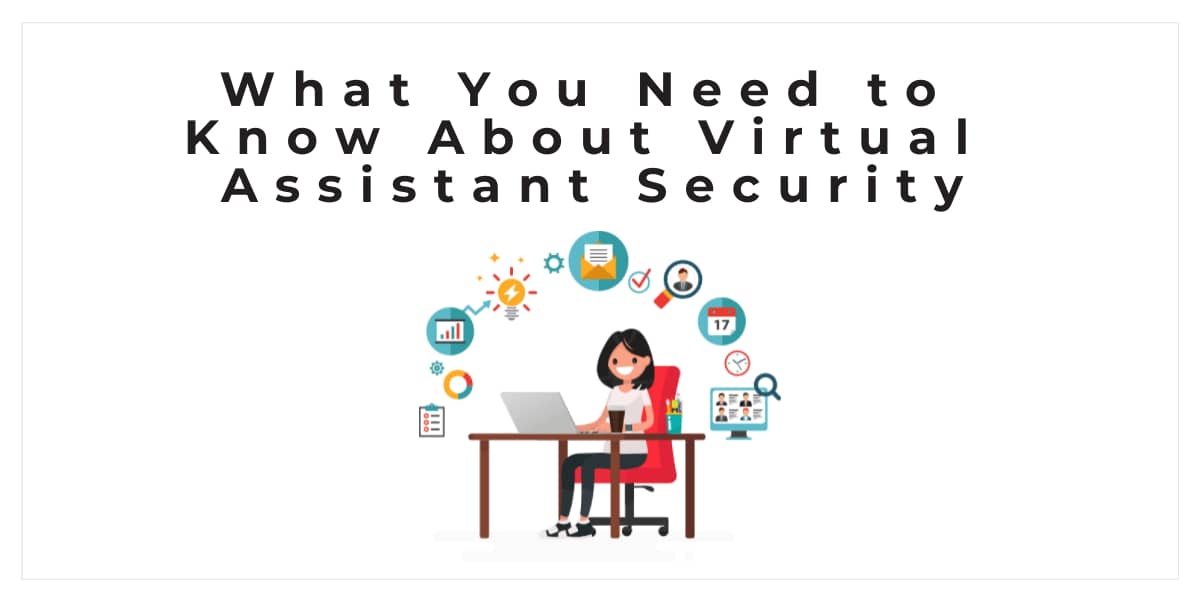Virtual assistants (VA) are perhaps the first employees to be hired, and they make the life of a CEO easier. A virtual assistant is a remote employee who takes care of some of the CEO’s phone calls and handles their scheduling or other administrative tasks. It is common that these employees to have access to sensitive data such as credit card information.
Since they work remotely as the helping hand of their employers, they usually have access to most of the things the CEO does. With cyber threats at their peak, especially those associated with remote connections, virtual assistant security becomes a huge deal.
Security Risks Associated with Virtual Assistants
It is important to be aware of the risks associated with VAs as remote working individuals. What’s worse is that they can access most of the things a CEO would do, so it may even make more sense to target the VA instead of the CEO.
The first security risk associated with virtual assistants is their access to passwords and possible CC information. Since these people work in a remote environment and most likely store this information on the cloud, they become a great target for cybercriminals.
Ransomware and malware are another great concern with virtual assistants due to the resources they access on a daily basis. The devices the VA use or the tools to keep them safe from ransomware decides how safe your network is.
Lastly, we tend to forget that these VAs are actual human beings with faults. You become vulnerable when you grant them access to sensitive data. They might be a threat to your company so it is best to write down some security policies or boundaries.
Preventing Virtual Assistant Security Risks
1-) NDA and security policies
Virtual assistants usually have to be granted access to sensitive information to do their daily tasks. These may be scheduling important meetings or going through business-related emails. While they may do a great job, it creates a huge internal threat. You need to sign non-disclosure agreements and set up strict security policies when hiring your VA.
2-) Implement SASE to your network
If the VA is subject to the same security policies and technologies your regular employees are, things are a lot safer. Using a modern cybersecurity framework such as a Secure Access Service Edge (SASE) solution will make sure that all employees, including the VA, are within their boundaries. Controlling access and monitoring the permissions of these assistants are crucial, especially while working remotely.
3-) Ensuring device security
The hardware used by the VAs is a crucial part of their security. Since VAs usually work overseas, these devices will not be company-provided. It is your responsibility to train the VA on how to secure their devices. They need to be aware of the required software updates or how to keep their devices physically secure. One stolen device might lose your company a great deal of profit.
Conclusion
Virtual Assistants are here to stay, and so are the risks associated with them. Things like ransomware, stolen passwords, and compromised business networks are real threats to your company. If you want to benefit from a VA but still be secure, you need to make sure to have the right policies and tools in place. Having a virtual assistant can be great, but only if you know that your data is safe.






